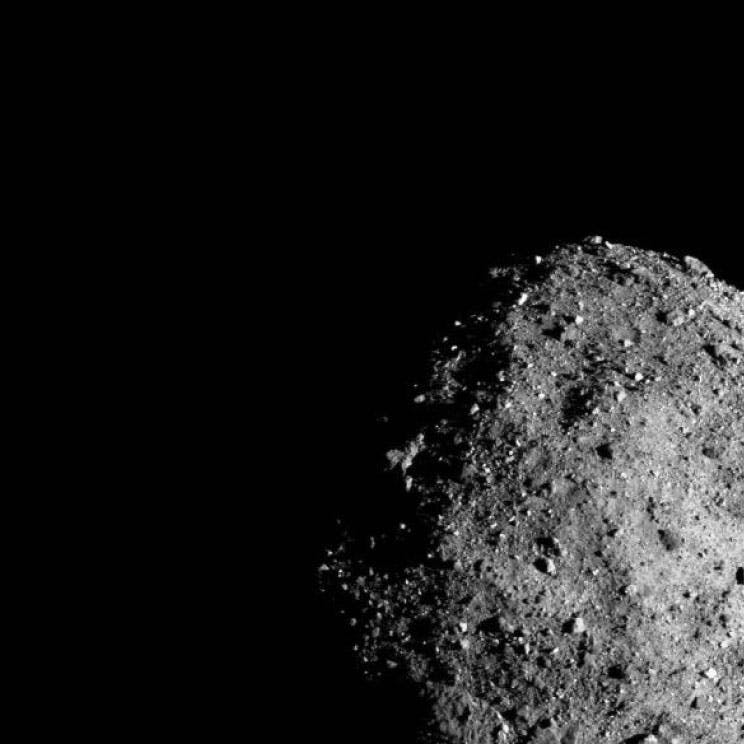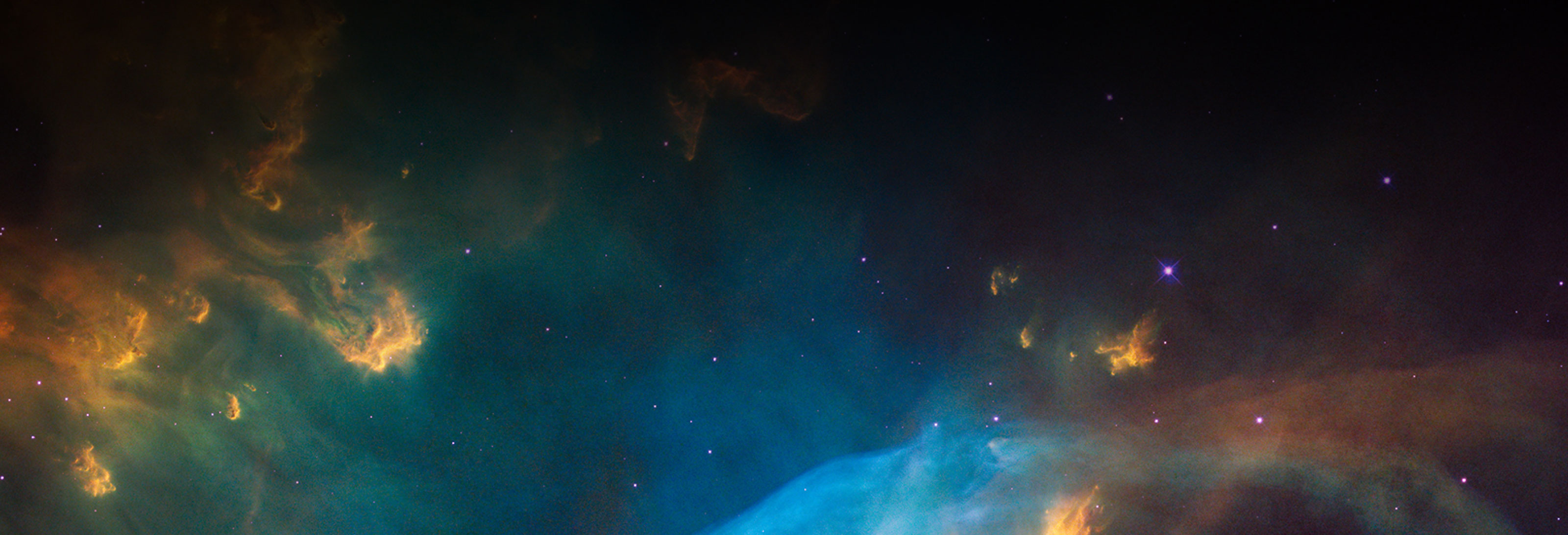
Astromaterials Data Archive
Loading Stats...
The new ADA contains data generated by the OSIRIS-REx Sample Analysis Team.

Astromaterials Data Repository
Loading Stats...
User-submitted digital content from cosmochemistry research. AstroRepo data will be migrated into the new Astromaterials Data Archive in early 2025.
Astromaterials Data Archive Overview
The Astromaterials Data Archive is the primary NASA-sponsored archive for laboratory analysis of returned samples. Researchers can publish and archive astromaterials sample data and openly share their data in compliance with Open Data policies of funding agencies and publishers.
Dataset files can be easily submitted via a web interface and kept under moratorium for a limited time if needed. The repository links the datasets to related publications, sample identifiers, NASA award numbers, and other metadata.
What to Contribute
We welcome contributions of a broad range of extraterrestrial data, including but not limited to analytical and compositional data of lunar samples, meteorites, minerals, melt and fluid inclusions, and more.
We strongly recommend the use of data templates, which expedites dataset publication. Data which does not meet the Astromaterials Data Archive Submission Guidelines takes longer to process or may be rejected.
Need Help Submitting Your Data?
Get in touch with an Astromat curator if you have questions or concerns prior to submission.


